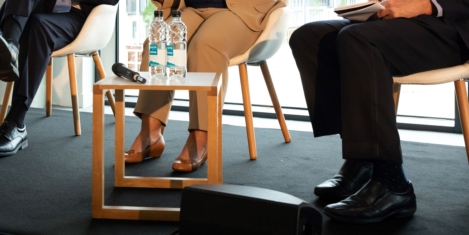June 18, 2019
Majority of SMEs lack a health and wellbeing strategy
 New research from AXA PPP healthcare claims that eight out of ten (82 percent) SME business leaders don’t have a health and wellbeing strategy in place. The same research found two-thirds (24 percent) report experiencing job-related stress or anxiety and just 15 per cent believe their company provides a culture which supports their mental health. The research also claims nearly half (46 percent) of employees working in small and medium sized businesses continue working when they’re feeling unwell and less than a quarter (24 percent) see a GP because they worry about taking time off work. One-fifth (18 percent) feel guilty for taking time away from their desk for lunch and more than a quarter (27 percent) send and receive emails outside of work hours.
New research from AXA PPP healthcare claims that eight out of ten (82 percent) SME business leaders don’t have a health and wellbeing strategy in place. The same research found two-thirds (24 percent) report experiencing job-related stress or anxiety and just 15 per cent believe their company provides a culture which supports their mental health. The research also claims nearly half (46 percent) of employees working in small and medium sized businesses continue working when they’re feeling unwell and less than a quarter (24 percent) see a GP because they worry about taking time off work. One-fifth (18 percent) feel guilty for taking time away from their desk for lunch and more than a quarter (27 percent) send and receive emails outside of work hours.




















 AI and its transformational effect on the global business landscape was the dominant theme on day one of the
AI and its transformational effect on the global business landscape was the dominant theme on day one of the 












